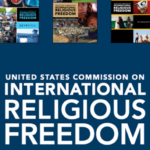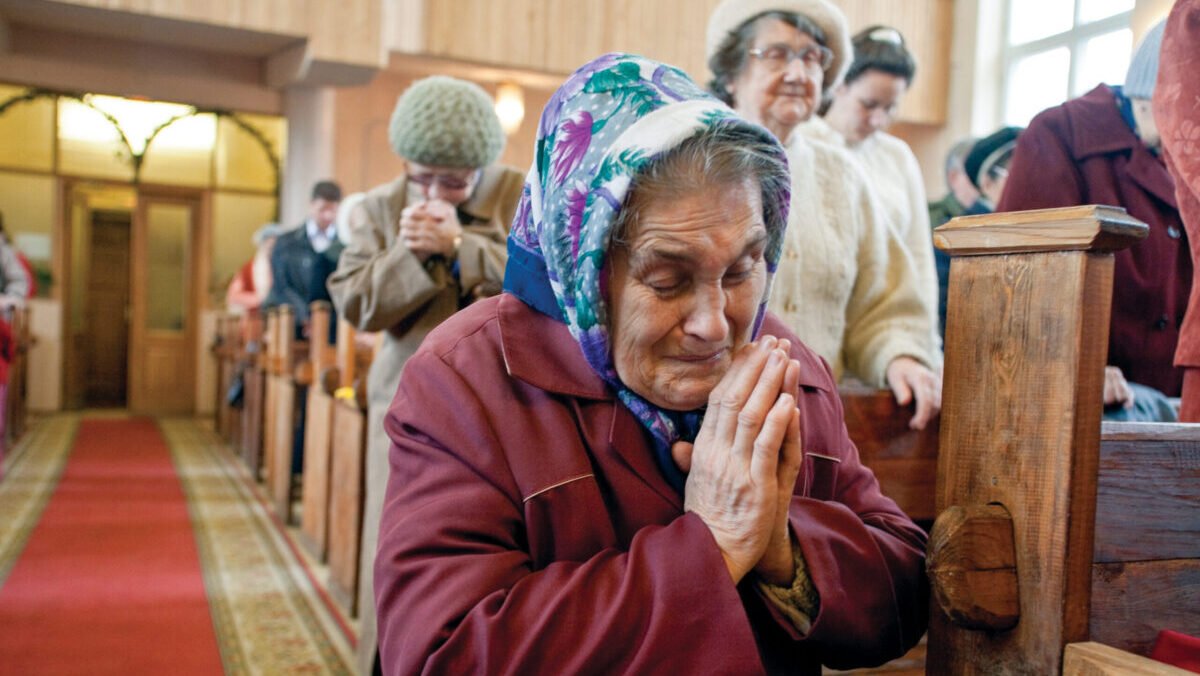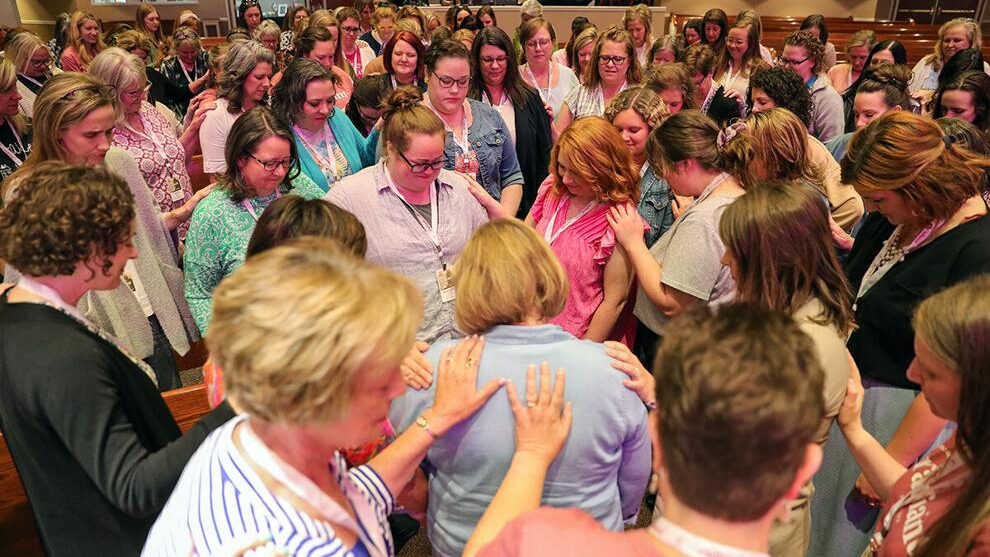LAND
Gen. 8:10–22
Land is valuable. We are blessed to live on land that has been in the family since the 1880’s. As a relative of mine says, “They are not making any more land.” One of the foundational promises God made to Abraham. As a result of the flood, however, the land itself bears the evidence of God’s promise of destruction.
Wait (Gen. 8:10–14)
“Remember” is an encouraging word (particularly if you are a senior adult). Genesis 8.1 states that God “remembered “Noah as well as the livestock and animals in the ark” (Gen.8.1). The Genesis account highlights the length of time Noah waited in the ark before the land was dry.
One year passed before Noah could exit the ark on dry land. God caused the flood. God, also, caused a wind to pass over the earth and the water on the earth subsided. The subterrain waters closed. The rain from the sky stopped. Noah sent out a raven and twice sent out a dove. When the second dove returned, Noah knew the flood has subsided. The image of a dove with an olive branch in its beak has become a sign of peace. Waiting on someone is difficult. Waiting one year before the flood subsided must have been a test of obedience itself. . We have a folky saying, “Good things happen to those who wait.” While this is not always true, the Bible repeatedly commands believers to “wait upon the Lord” (Ps. 27.14; 37.7).
Exit (Gen. 8.15–19)
God directed Noah, his family to enter the ark. God also directed Noah, his family, and the animals to exit the ark. Humans and animals multiplied on the earth once again. Personally, I prefer not having “those that crawl on the earth (snakes, roaches, etc). The text may hint at an orderly process of departure from the ark rather than an unorganized stampede. Numerous English translations note that the animals came out by their families (CSB, ESV, NASB, NKJV). Perhaps it is best to translate the Hebrew term as kinds of similar animals. After the cessation of the flood the animals and humans began to obey God’s command to fill the earth. The biblical text gives the impression that the process of entering and exiting the ark was orderly rather than chaotic. The various kinds of animal life exited the ark by their families.
Worship (Gen. 8:20–22)
According to the biblical text, the first thing that Noah did after he exited the ark was to build an altar for worship. Up to this point in the biblical narrative, God has not given worship instructions. Noah built an altar. Not every animal could be a sacrifice to God. Only the “clean” animals could serve as a worship sacrifice. In worship we should offer God our best. Offering animals without impurities indicated that the worshiper offered his very best. Clean animals likely described animals without impurities. Burnt offerings expressed a heart of worship by symbolizing total commitment to God. The biblical text uses symbolic language to express God’s pleasure in Noah’s worship. Noah offered a sacrifice of a pleasing aroma to the Lord. God promised to never again to curse the ground because of human sin. Sin is not merely an act; sin is a matter of the heart. We have a sin nature due to the inclination of our heart from an early age. God promised to never destroy the entire earth by flood again.
By Mark Rathel
Professor at the Baptist College of Florida in Graceville, Florida








